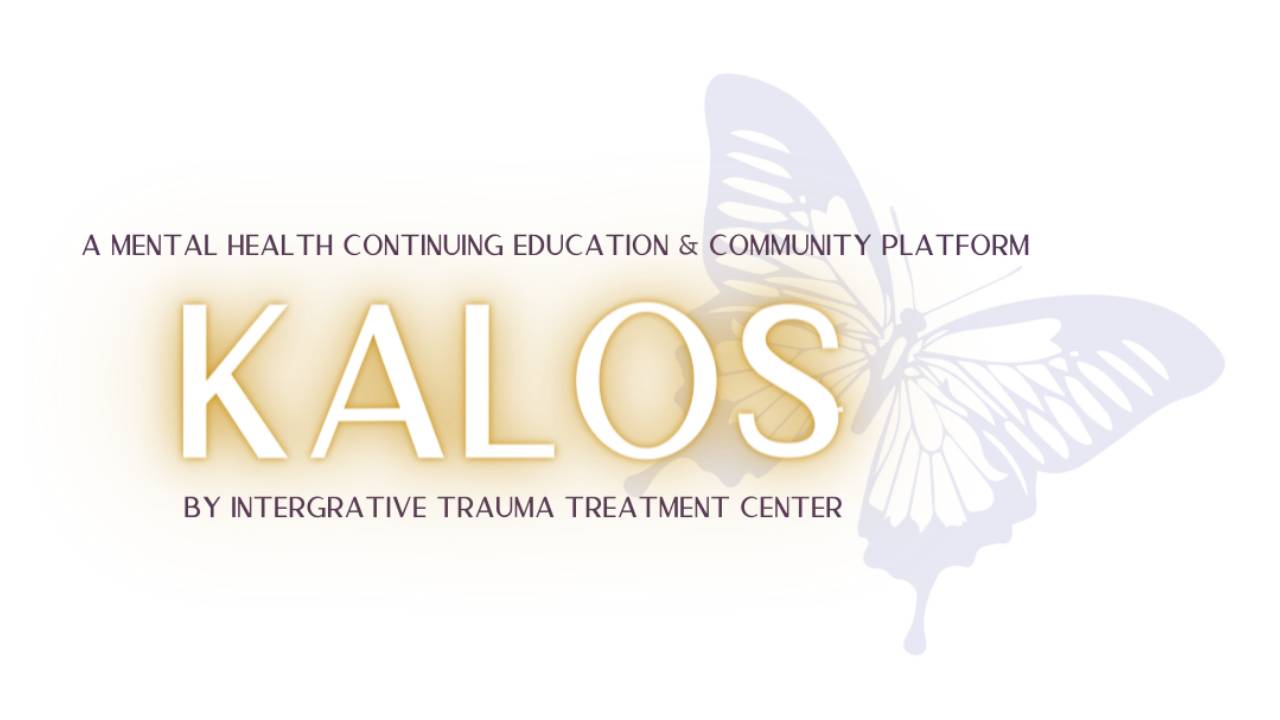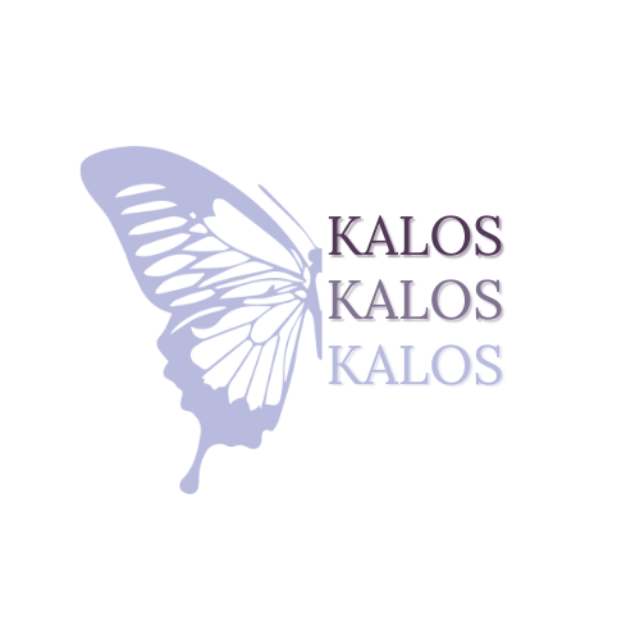Managing Challenging Behaviors in Older Adults
As adults age and their brains change, behaviors can change as well. Dealing with challenging behaviors in the aging population can be especially difficult for professionals and caregivers to understand and manage.
About This Course
Challenging behaviors in older adults can arise from a variety of sources, including physical discomfort, cognitive decline, communication barriers, and unmet emotional needs. This course provides valuable insights and concrete interventions for addressing challenging behaviors while upholding the dignity and worth of older adults. Through interactive modules and real-life case studies, participants will develop their knowledge and skills in effectively intervening with challenging behaviors and fostering empathetic connections with older adults.
Key Learning Objectives:
-
Understanding Challenging Behaviors: Increase your knowledge of the sources and triggers of challenging behaviors in older adults, including physical, cognitive, and psychosocial factors.
-
Concrete Interventions: Acquire practical interventions and strategies for effectively addressing challenging behaviors in older adults. Learn how to assess, prevent, and respond to challenging behaviors while promoting safety and well-being.
-
Empathetic Communication: Demonstrate the ability to use empathy and active listening techniques in interactions with older adults experiencing challenging behaviors. Explore how compassionate communication can enhance trust, rapport, and understanding.
Course admission requirements:
Minimum of a Master's Degree in a mental health or related field; or be a student in social work, psychology, counseling, or a related field. In Low- and Middle-Income Countries, a minimum of a Bachelor's degree in social work, psychology, counseling, or a related field is required.
Enroll in Just this Course
MEET THE PRESENTER
DIANE BIGLER, LCSW, LSCSW
Diane is a Licensed Clinical Social Worker in Missouri and Kansas. She has over 20 years of experience in the fields of psychology, social work and mental health. Diane was an Adjunct Professor of Social Work at The University of Kansas, School of Social Welfare, for over 10 years. She obtained her master's degree in Social Work from KU in 2006, with clinical concentrations in Children & Families and Mental Health. Diane taught classes in the Clinical Master's program, which included: Clinical Social Work Practice, Loss and Grief, Cognitive Behavior Therapy, Family Therapy, Advanced Standing Practice, and Mental Health & Psychopathology. Diane was also a practicum Field Instructor, Field Liaison and Community Education trainer for the School of Social Welfare. Diane has facilitated hundreds of trainings to mental health professionals, physicians and nurses, teachers, police officers, business personnel, and local City Council members. Diane enjoys the creativity that comes with envisioning and designing trainings, and aims to provide trainings that are informative, engaging and skill-building. She has customized and facilitated leadership and corporate trainings to EAP clients on wellness and business topics.

Course Materials
- Prerecorded Video (2 Hours: Addressing Challenging Behaviors in Older Adults)
- Presentation
- Quiz
- Presentation Feedback Survey
- Certificate of Completion*
*A passed quiz of at least 80% and a completed feedback survey required for certificate.
Continuing Education (CE) hours
2 NBCC CE hours are available for licensed mental health providers. Please check with your licensing board to confirm that NBCC CE hours are accepted.
Integrative Trauma Treatment Center (ITTC) has been approved by NBCC as an Approved Continuing Education Provider, ACEP No. 6912. Programs that do not qualify for NBCC credit are clearly identified. Integrative Trauma Treatment Center (ITTC) is solely responsible for all aspects of the programs.

Become a Member!
A monthly subscription to ITTC’s Professional Learning Community, KALOS Includes:
- Unlimited Access to asynchronous courses and workshops with more being added all the time.
- Access to the Learning Community where you can connect with colleagues worldwide.
- Discounts on our live events like trainings, webinars, retreats, and our Trauma Summit.
All courses offer continuing education credits unless otherwise indicated.
Join KALOS
